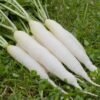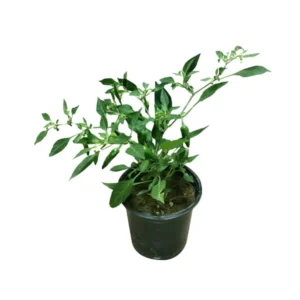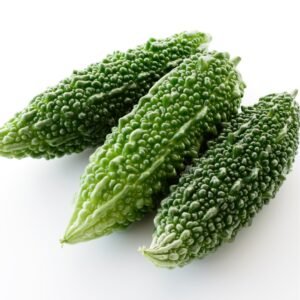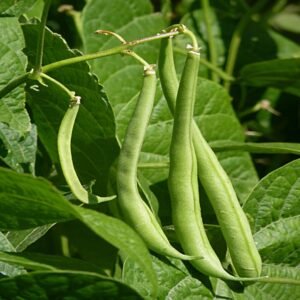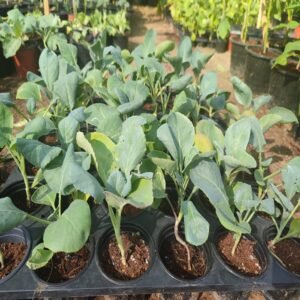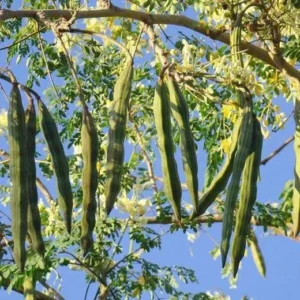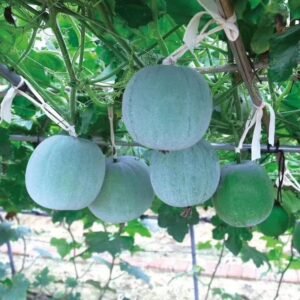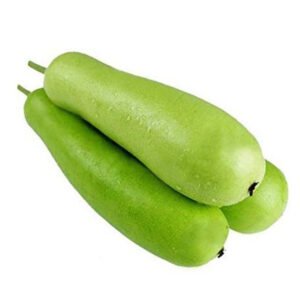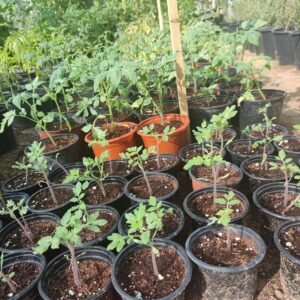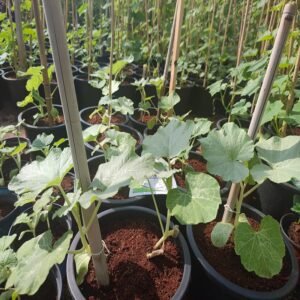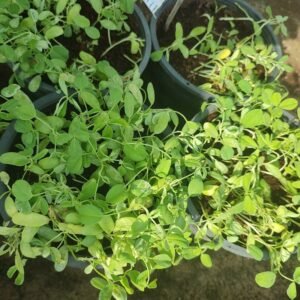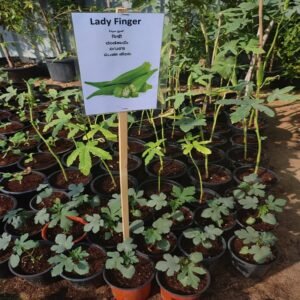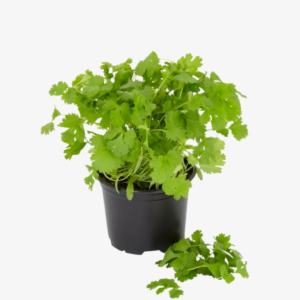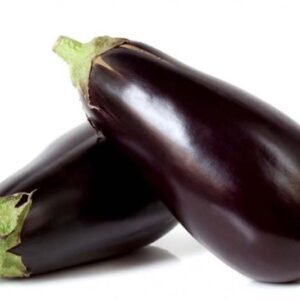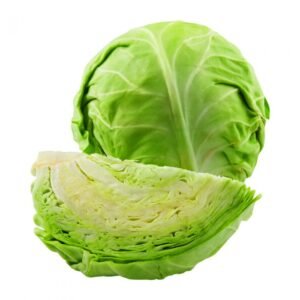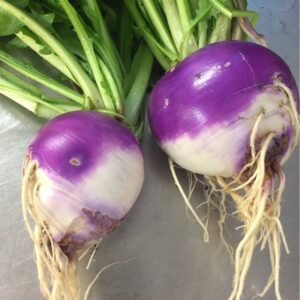| Scientific name | Raphanus sativus |
| Common name |
Radish |
| Temperature requirement | 10-25 °C |
| Humidity | 40-50% |
| Light | Full sunlight |
| Watering | Water everyday & keep moist |
| Pests | Cutworm, aphids, flea beetles and root maggots. |
| Pet friendliness | Not hazardous |
| Maximum plant height | 10-35 cm |
| Potting mix | Potting soil/red soil/manure/perlite |
| Pot requirement | Good drainage & repot every 1-2 years |
| Nutrition | Apply manure for first 15 days and npk for next 15 days |
| Pruning & training | Remove dead & diseased leaves with sterile shears |
| Common color & season | |
| Description | The leafy tops are very rich in vitamin a, b, c and minerals particularly ca and fe.The roots and leaves are consumed both as salad and as cooked vegetable. The roots are good appetizer, effective in curing liver, gall bladder and urinary disorders,piles and gastrodynia.It is a good source of vitamin c containing 15-40 mg per 100g of edible portion. Pink skinned radishes are generally richer in vitamin c than white skinned ones. The young tender pods are also used as vegetable. The soil of selected field should be deep, light and friable.The field should be well drained.It can grow on slightly acidic soils (ph 5.5-6-8).Radish is well suited to a cool moderate climate especially in the vegetative stage but due to its rapid growth it has a wider distribution. For seed production, a less humid climate is required.Long spell of hot dry period is not suitable for seed production.Temperature of 32 °C can cause injury to stigma and pollen may fail to germinate. |



